There’s something so refreshing about this federal election. For six weeks, we can just put the last three years behind us. We can forget about all the unsavoury issues and just get giddy on gossip about gaffes and political bickering, and who is winning the day.
I mean, didn’t we have enough talk about gendered violence last year? People have moved on. After all, there’s only room for one major women’s story at a time, and right now that story is the explosion of female independent candidates threatening to destroy the futures of promising young men.
Sure, 18 women have allegedly been killed this year by men they once loved, and demand for gendered violence services has shot up since the pandemic. But this is an election campaign! We don’t want Australians getting turned off their democracy sausages. Nobody votes to protect women and kids, anyway.
The Greek root for sarcasm is sarkazein – to tear flesh, bite the lip in rage; to sneer. Australians in their tens of thousands raged and sneered and marched in 2021 – not just saddened, not just disappointed, no longer just shaking their heads but pounding the streets of our capital cities. Women and men stopped traffic around the country demanding that the government take decisive action against gendered violence.
And now? Crickets. It’s a non-story. When PRIMER rang the major parties and several key independents this week to ask about their policies and priorities on gendered violence, several said it was the first time a journalist had asked about it.
“This was going to be a ‘women’s election’ a few months ago,” says Greens Senator Larissa Waters, “and it’s barely rated a mention so far.”
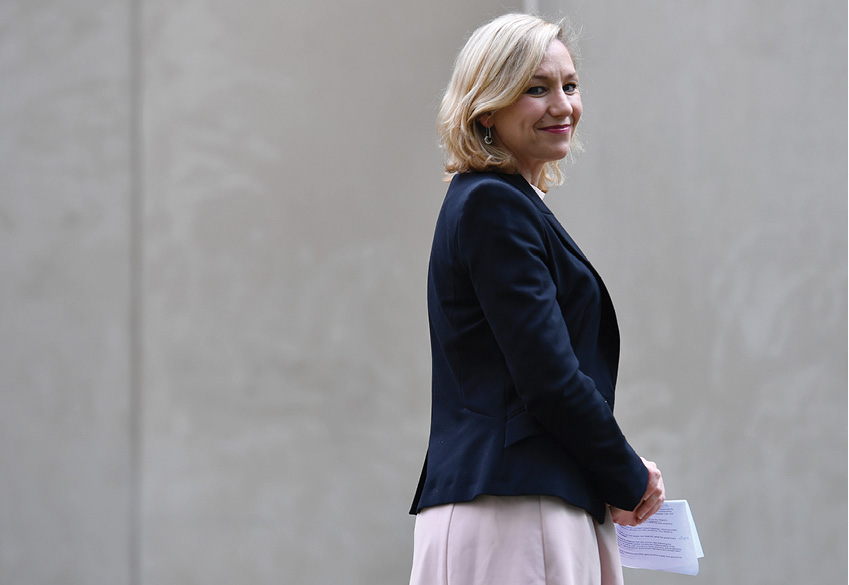

For Cheryl Axleby, co-chair of Change the Record, it’s a repeat of the same old cycle. “Yet again, we have seen the voices of women, and First Nations peoples, sidelined and ignored as we call for structural changes that would deliver greater safety, equality and justice.”
Lula Dembele, a survivor advocate and co-founder of the Independent Collective of Survivors, says the major parties have made a clear strategic calculation this election. “Violence against women and gender equality are not vote winning issues for them,” she says. “It’s not just the politicians who are at fault here – it’s an indictment of our country and our communities. In political polling, this isn’t an issue people say they’re concerned about. If it’s not reflected in political polling, it’s never going to hit the top line of the agenda.”
The issue of gendered violence is really like no other in this country. Millions of Australians have been directly impacted by gendered violence – as adults or as children. If we count just intimate partner violence alone, and just the adult women impacted by it, we’re talking about 2.3 million people. But this is an underground constituency which, despite its size, is largely hidden from view. Gendered violence isn’t just the elephant in the room – it’s the elephant that knows all too well how to disappear. It’s so familiar with being invisible that going unnoticed feels like its natural condition.
This is an underground constituency which, despite its size, is largely hidden from view.
Making it visible again and again is an exhausting task, and that exhaustion was palpable in the voice of former Australian of the Year Rosie Batty, speaking to Patricia Karvelas on the ABC’s RN Breakfast this week. Asked how she felt about the silence from both major parties on this issue, Batty sounded beleaguered. “It’s unrelenting, how hard we have to battle for this to be recognised for the public emergency that it is.”
Last year, we had a national reckoning on gendered violence unlike anything this nation has ever seen, and yet, throughout, the government’s strategy has barely wavered. Even when Morrison could barely get through a week without being eviscerated for his apparent refusal to lead on this, his strategy was clear.
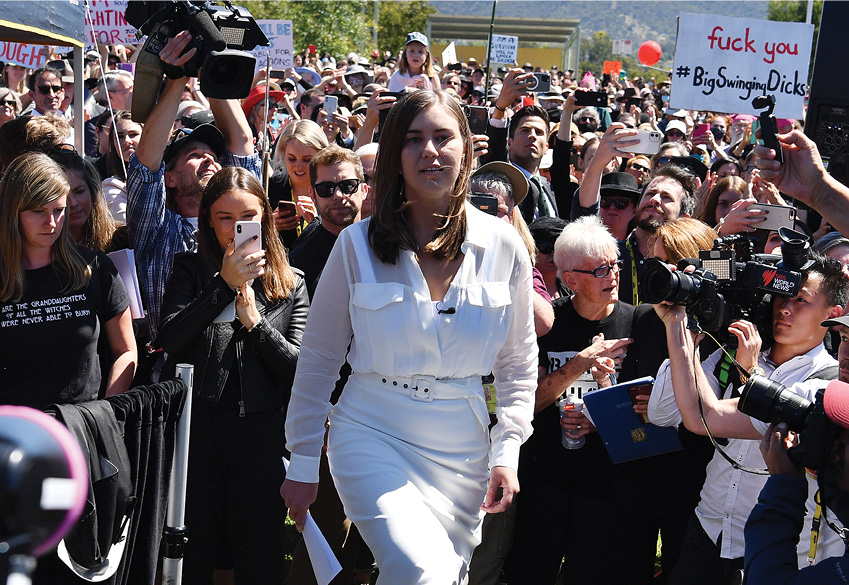

“Let me share a basic insight about Morrison that you might find useful,” wrote the Guardian’s political editor, Katharine Murphy, addressing readers confused by Morrison’s seemingly kamikaze approach. Outside of pronouncements on Covid, Murphy wrote, “this prime minister speaks almost exclusively to one cohort of voters: men at risk of voting Labor.” That was the rule then, and it remains the rule now: do not alienate male voters.
At the most febrile point of the reckoning last year, Morrison’s strategy seemed to be working. Although there was a temporary bottoming out in his female approval rating, the first quarter of 2020 – at the height of national shock over rape allegations within Parliament House and against then attorney general Christian Porter – saw Morrison’s male approval rating remain high, at 65 per cent. Alarmingly, among young men aged 18-34, his approval rating improved by 10 per cent.
Morrison has been in campaign mode since he won the 2019 election, and his strategy has been consistent. Now that the official election campaign is underway, Morrison has positioned male voters at the centre of gravity. In this political orbit, issues that don’t matter to male voters simply don’t matter.
Even if Labor wanted to highlight its significant points of difference on gendered violence – unlikely, since it has to win back the blue-collar men who voted for the Coalition in 2019 – it probably wouldn’t get much traction in the media, anyway.
The daily news agenda is set in large part by the daily newspapers, two-thirds of which are owned by News Corp. That doesn’t make Australian media monolithic, but it does tend to generate a central agenda around which other media revolve – especially during elections. There are notable exceptions within News Corp – political reporter Samantha Maiden among them – but overwhelmingly, the News Corp papers are doubling as a campaign partner for the Coalition.
Even the leading female independents are not particularly outspoken on this issue – to the media, at least – despite it featuring prominently in their policy priorities. As many told PRIMER, they just haven’t been asked about it.
That’s not to say, however, that reporting on gendered violence and misogyny has been absent during this election campaign. In fact, it’s been a consistent theme – largely in the form of casual misogyny directed at those same female independents. What we’re seeing is the exact same coded political messaging that was weaponised against Julia Gillard more than a decade ago – albeit delivered in more covert ways.
Just as they positioned Gillard, male conservative commentators and political elders have framed the female independents as illegitimate usurpers of male power – unserious women who are robbing promising young men of their political careers.
“Take Josh Frydenberg in Kooyong and Dave Sharma in Wentworth,” wrote former Liberal foreign minister, Alexander Downer, in The Australian Financial Review. “These are people who could become truly great men. But if the independents defeat them, those independents will be totally forgotten in 10 years’ time.”
It’s a familiar sentiment for ABC reporter Zoe Daniel, who is running against incumbent Liberal MP Tim Wilson in the Melbourne seat of Goldstein.
“I’m constantly being accused of being a plaything of Simon Holmes a Court [key financial supporter of the Climate 200 independents].
“Other candidates have been called Charlie’s Angels. John Howard has been using this language of ‘anti-Liberal groupies’.”
John Howard has been using this language of ‘anti-Liberal groupies’.
In a particularly unedifying remark, Liberal MP for Mackellar, Jason Falinski (who is being challenged by Climate200 independent Dr Sophie Scamps) even chastised the female independents for “spending $2 million against members of parliament” when they could instead be donating their money to needy causes, like domestic violence refuges.
These kind of sentiments have for years been promoted by Morrison himself – like this classic remark, from a speech on International Women’s Day back in 2019: “We want to see women rise. But we don’t want to see women rise only on the basis of others doing worse.”
It’s all rather ironic for Daniel, who sees the emergence of so many popular female independents as a direct result of this very dynamic. “People keep asking me, ‘Well, why have so many women stepped up to be independents this time?’ And I think that there’s that degree of frustration – you know, after the #MeToo movement spikes, and then the March for Justice, and all the revelations about behaviour in Parliament – that we’re still not really moving forward.”
It’s not just that these women, all of whom have had their own successful careers in occupations like business, medicine and journalism, have become motivated to stand for politics. It’s that, in several formerly safe Liberal seats, their messages are resonating so strongly that they may even win.
It does make you wonder: is Morrison’s singular commitment to winning male voters actually a winning strategy? It is apparently now lore that, having won the ‘unwinnable’ election in 2019, Morrison is a masterful campaigner and a shrewd marketer. But Australia is not a brand and, more to the point: women vote. Back in April, Essential Media read something else in the tea leaves: this election will be decided by uncommitted female voters who are unconvinced by the prime minister’s leadership.
According to the Essential poll (with all the caveats that now apply to polling) Morrison’s strategy to woo male voters has got him over the line, with 51 per cent approval. Women voters, however, are largely rebuking the prime minister, giving just 39 per cent approval. Meanwhile, 10 per cent of female voters (compared to five per cent of men) say they are undecided.
Regardless of whether women decide the outcome of this election, gendered violence – and how to address it – is one of our most pressing social issues. The nexus of silence between the major parties and most of the media must be broken in the next fortnight, to reposition gendered violence as a critical issue for the next term of government.
Next week, we’ll take an in-depth look at how the major parties and key independents plan to confront gendered violence and ask survivors and the sector how that stacks up against what they actually need.
Want more stories like this? Sign up for PRIMER’s free weekly newsletter here.




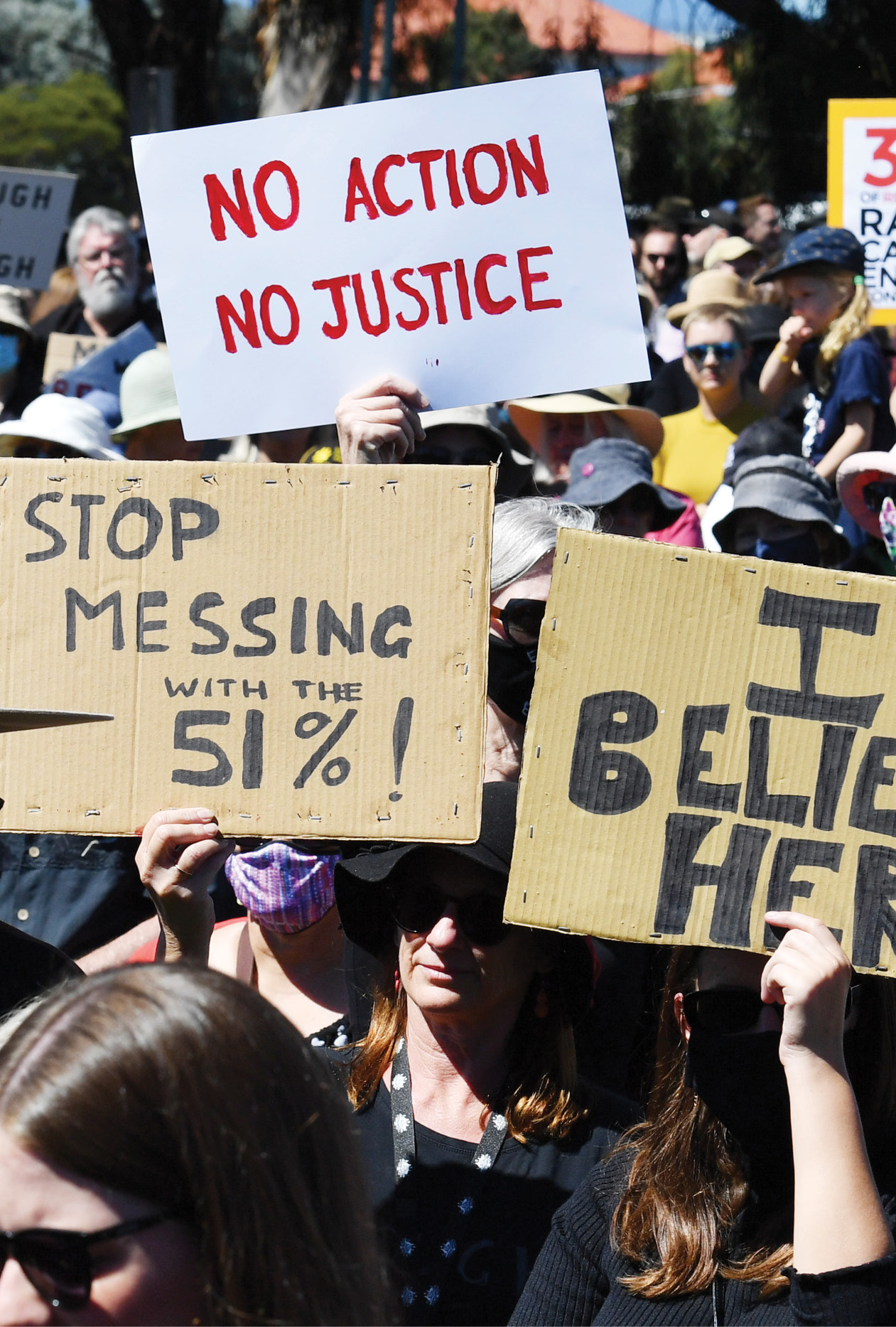
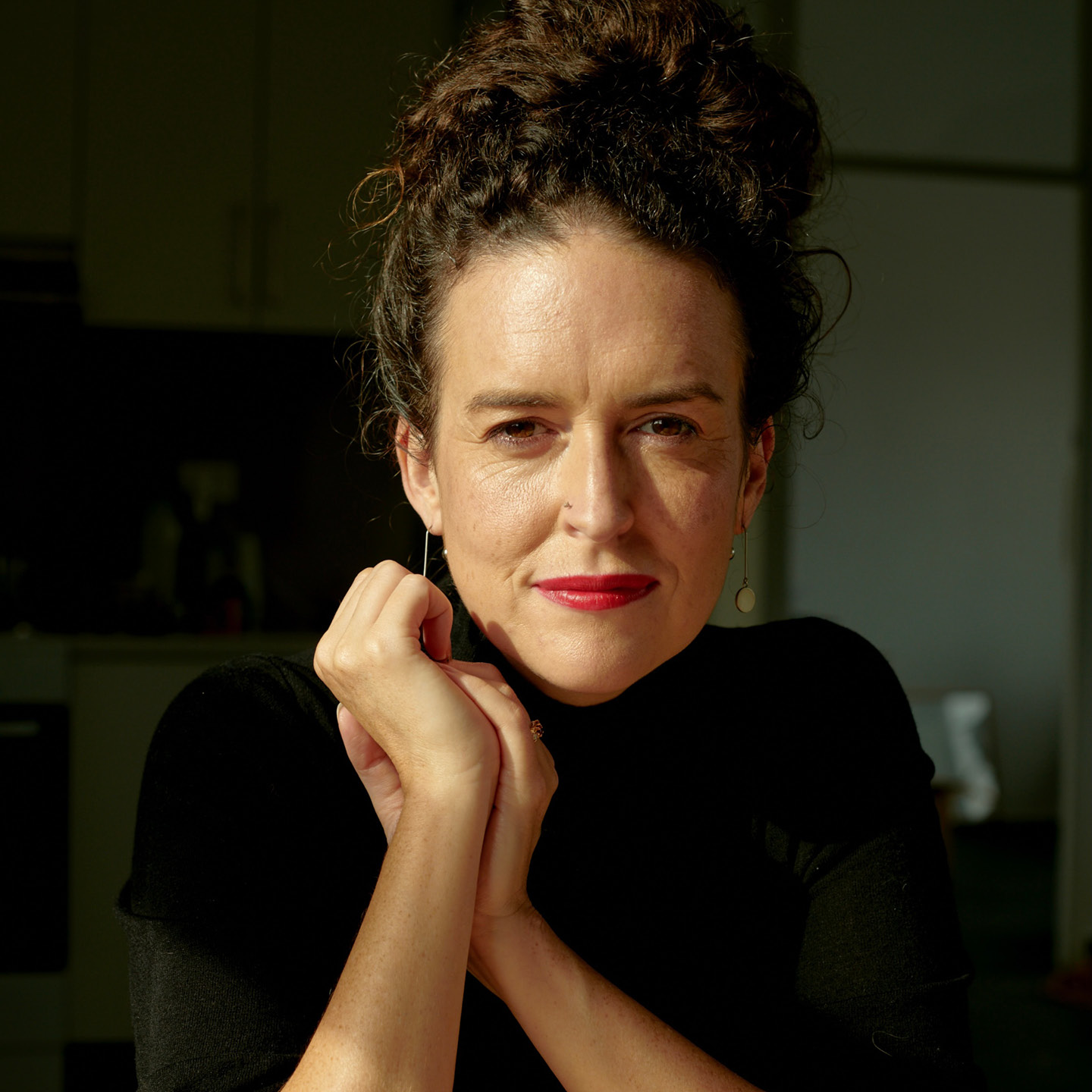

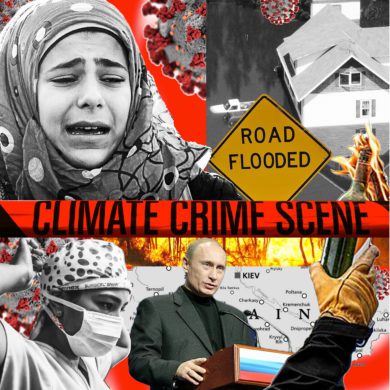
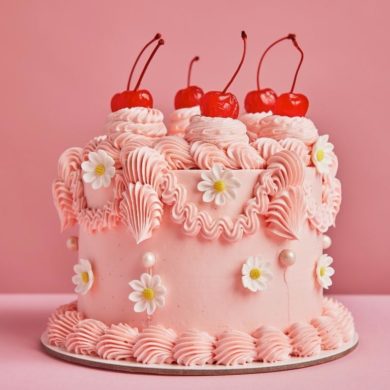

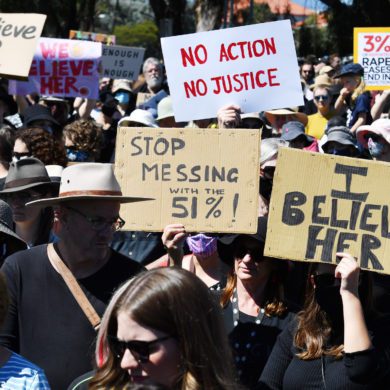


1 Comment